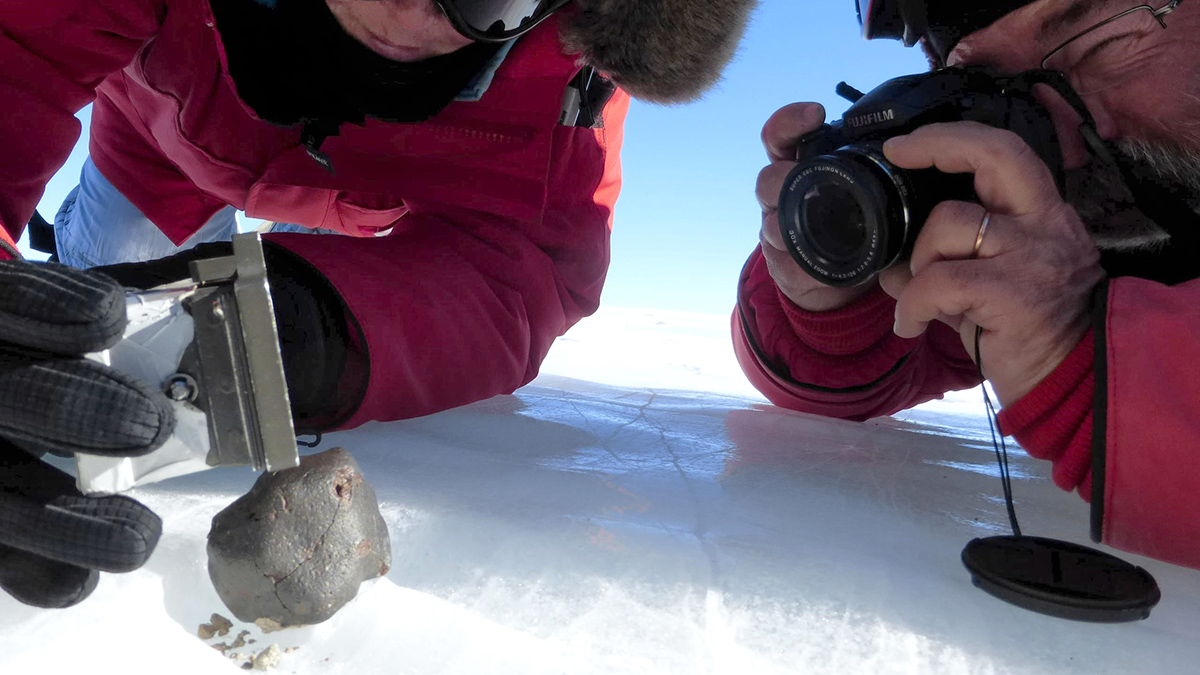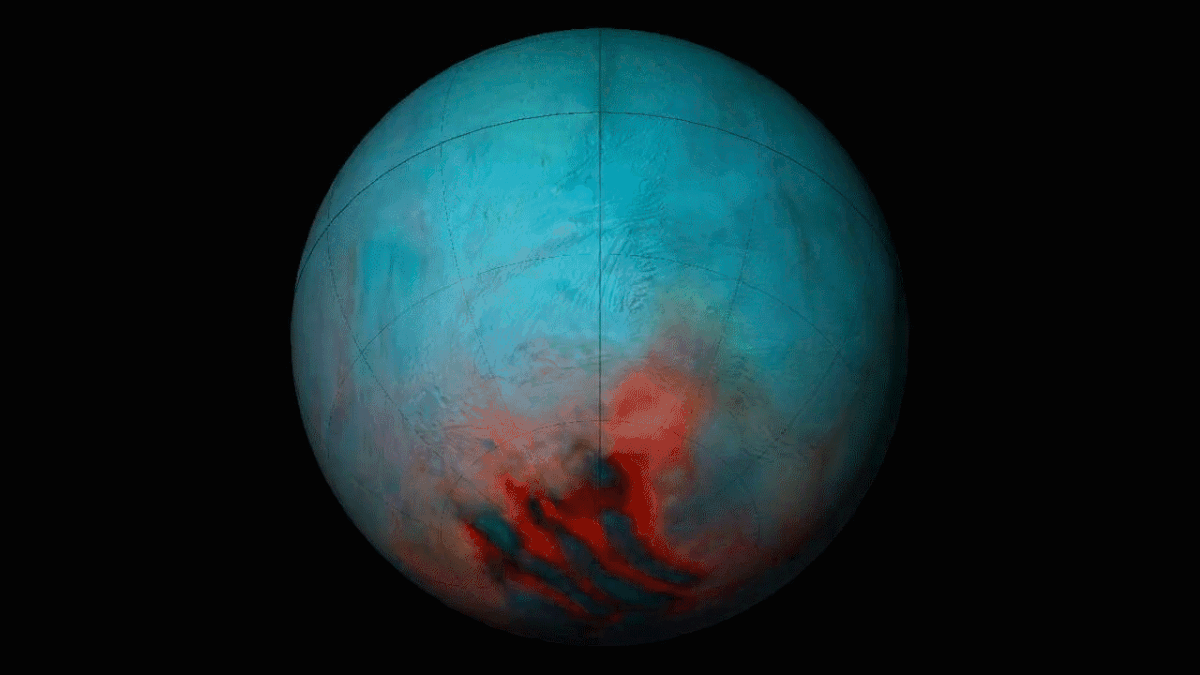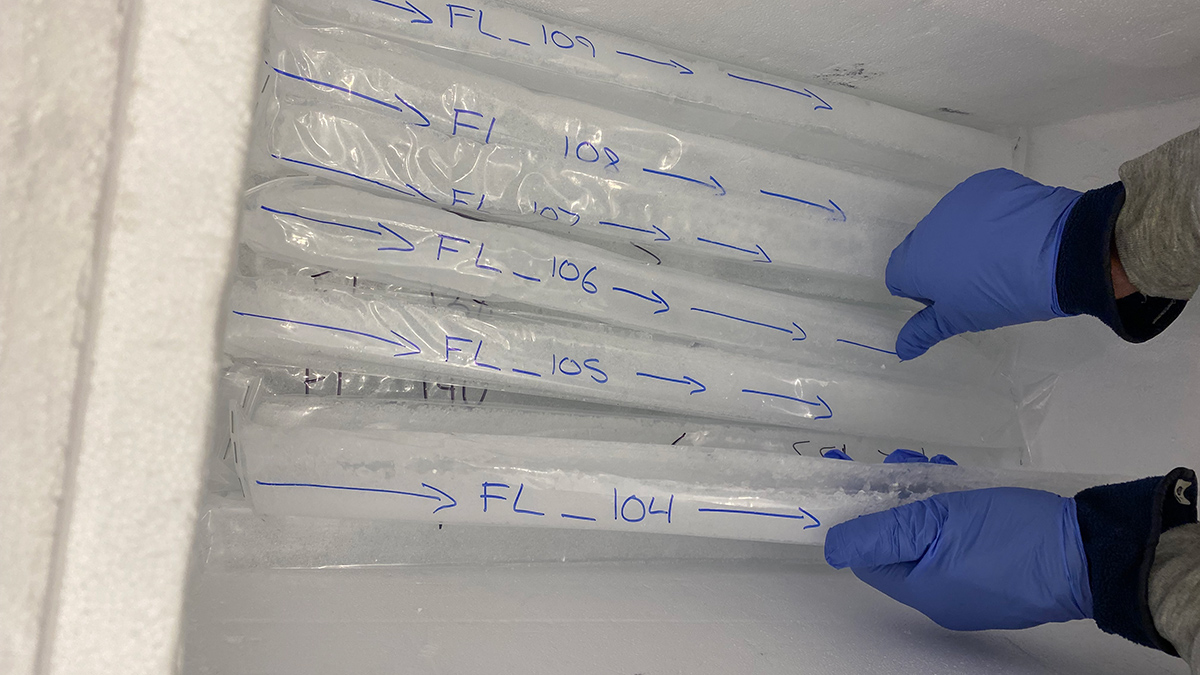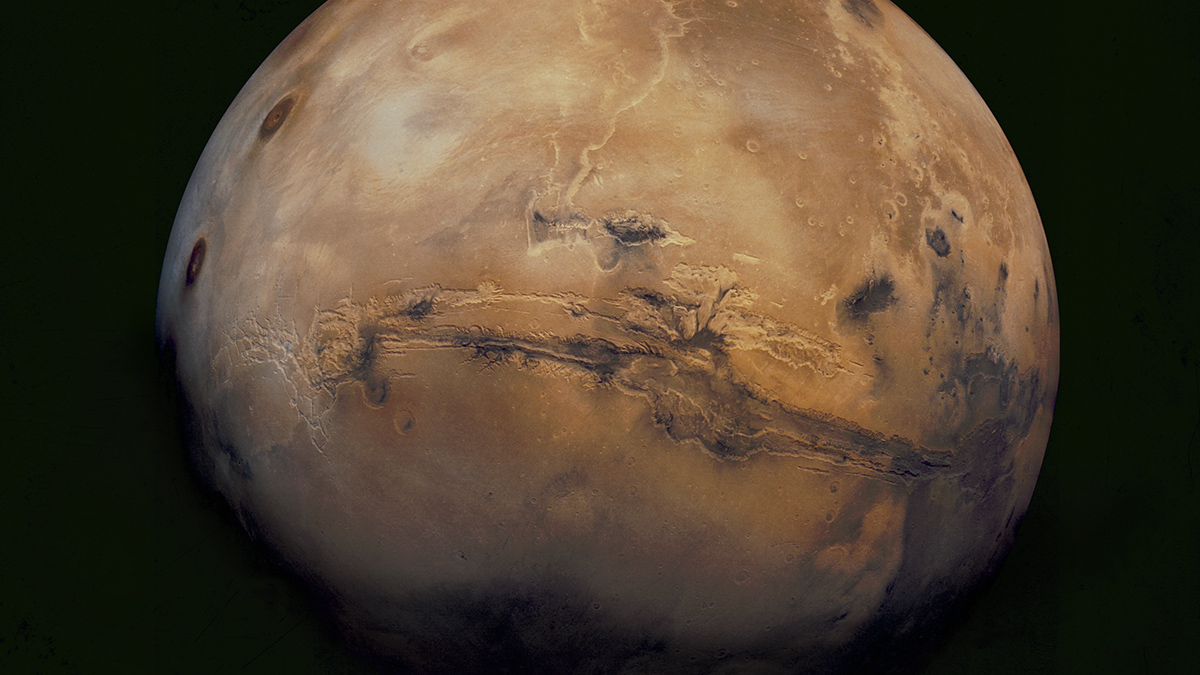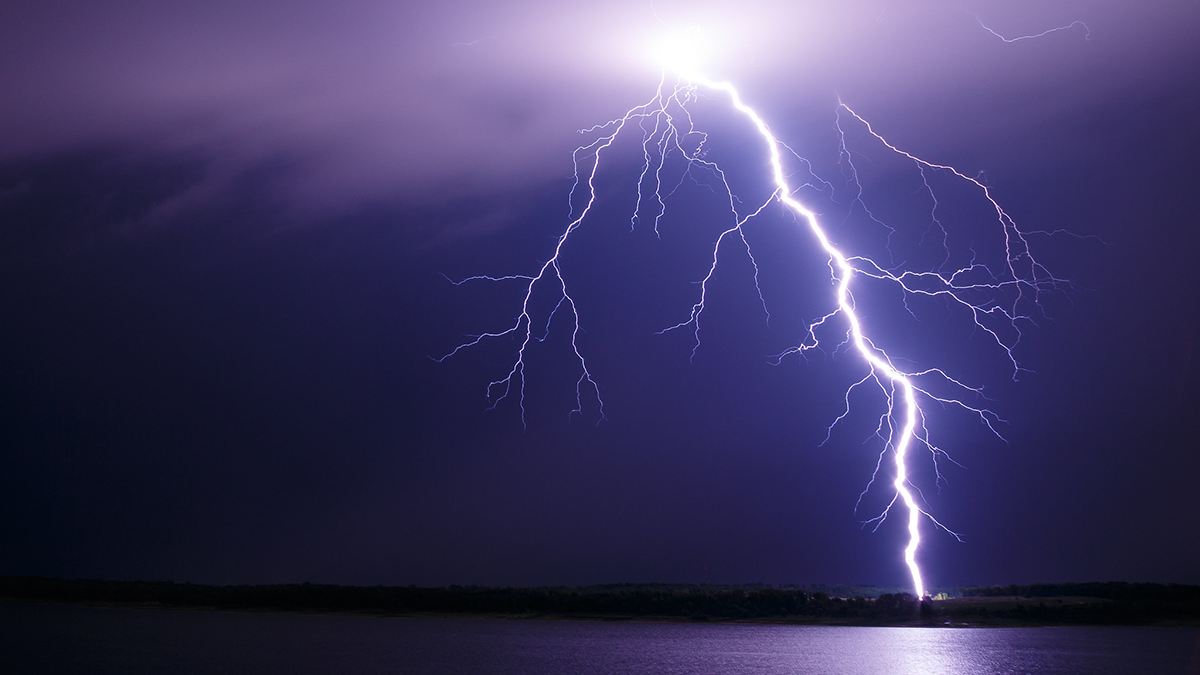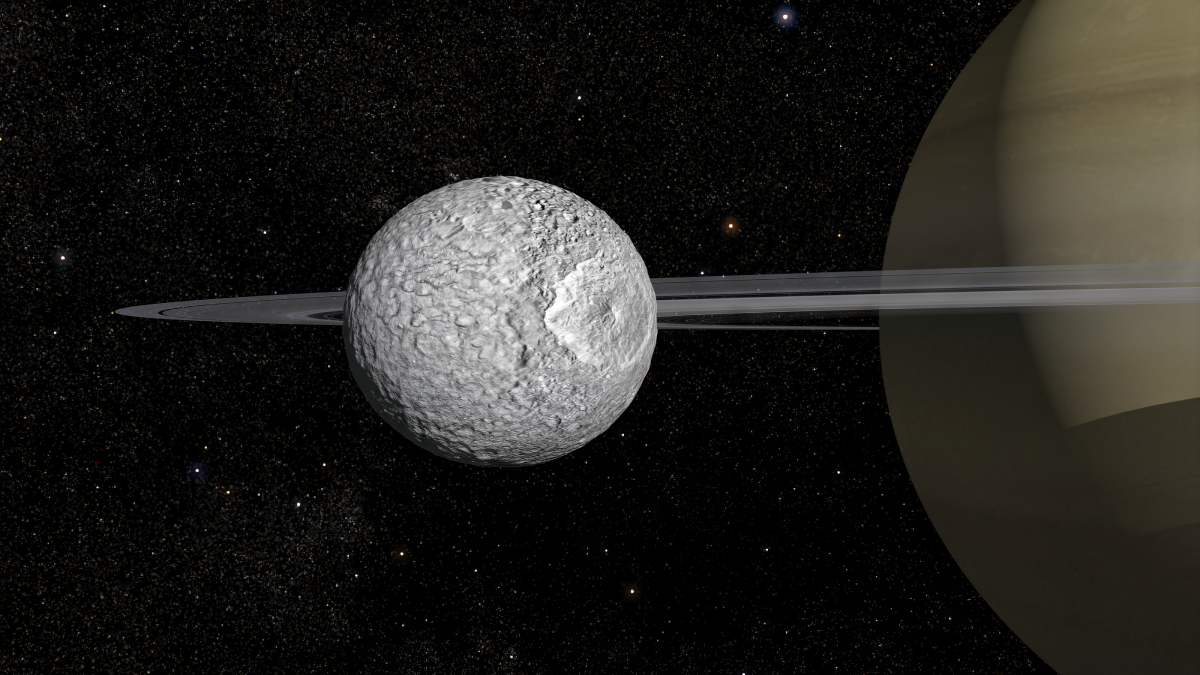If warming ice gobbles up meteorites, science may lose a cheap source of space rocks.
ice
Strike-Slip Faults Could Drive Enceladus’s Jets
The back-and-forth motion could also reshape surface geology at the moon’s south pole.
Núcleos de hielo de la Antártica capturan la contaminación de los metales pesados y su historia
Un núcleo de hielo que tiene registro más de 2 milenios, sugiere que la minería y la metalurgia aumentaron y disminuyeron con acontecimientos como las guerras y las epidemias.
Martian Jumble May Be Hiding a Giant Volcano
The discovery of Noctis Mons could make the region a target for future Mars missions.
Phased-Array Radar Detection of Electrically Aligned Ice Crystals
A new method for observing electrically aligned ice crystals in localized storms can detect the onset of electrification and lightning in developing storms.
Tuning Improves High-Resolution Climate Simulations
Tuning parameterizations of turbulent mixing and of the fall velocity of precipitation and cloud ice alleviates long-standing biases in climate simulations.
Melting Ice in the Polar North Drives Weather in Europe
Influxes of meltwater into the North Atlantic eventually lead to warmer and drier conditions over Europe.
Antarctic Ice Cores Capture Heavy Metal Pollution—And History
An ice core record stretching back more than 2 millennia hints at the mining and metallurgy that waxed and waned with events such as wars and epidemics.
Monitoring Polar Ice Change in the Twilight Zone
Landsat’s new extended data collection program is mapping Arctic and Antarctic regions year-round, even in polar twilight.
That’s No Moon; It’s an Ocean World
If Saturn’s cratered moon Mimas has liquid water beneath its surface, ocean worlds might be far more common in the solar system than we thought.

